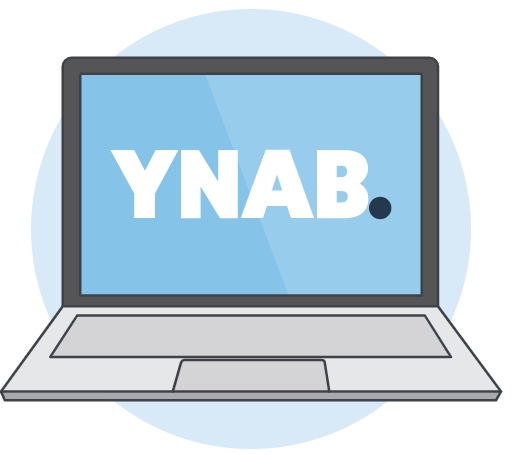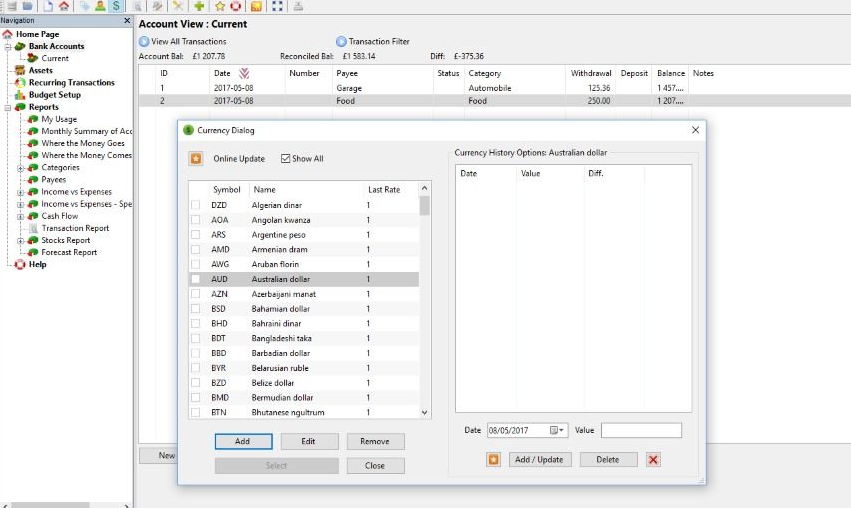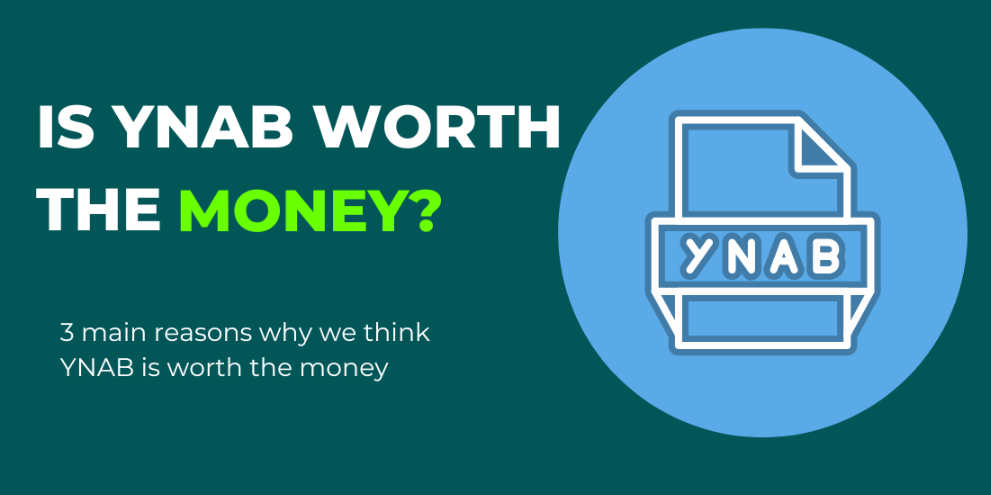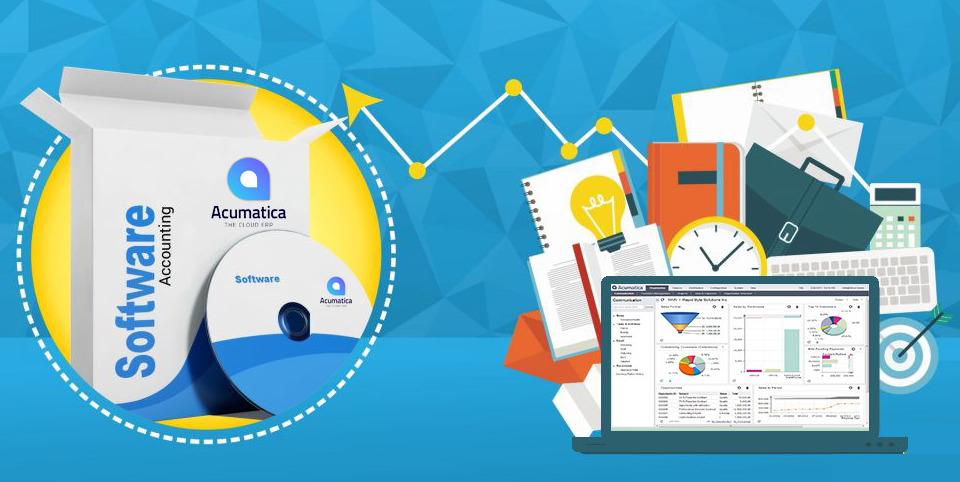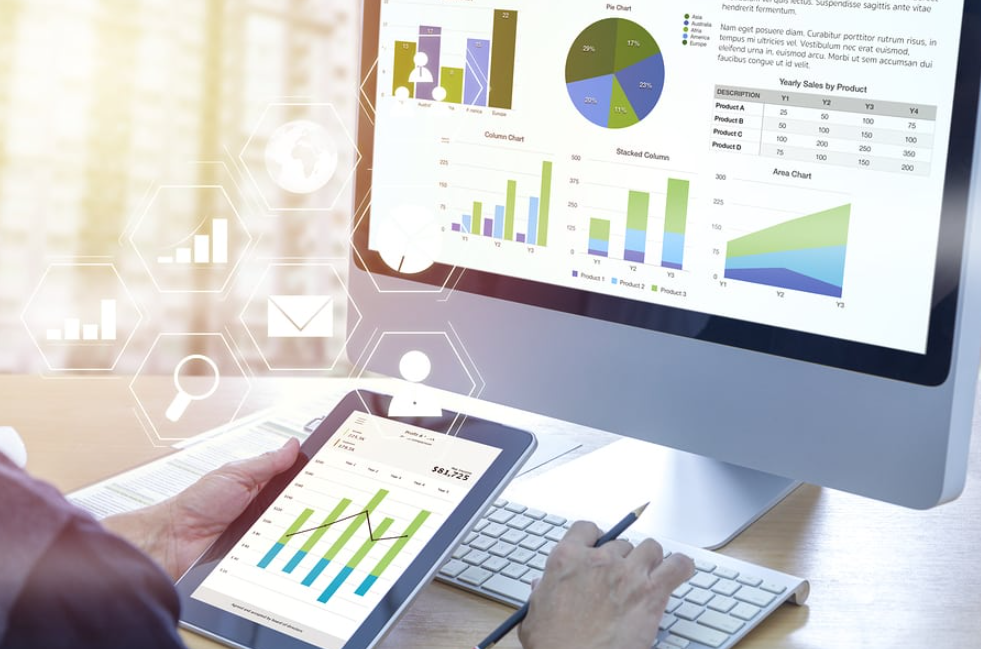How to Think Like an Accountant
Anúncios

To be an effective accountant, you must think like an accountant and use your skills to add value to an organization. This can be done in many ways, from saving money to helping a manager avoid making poor decisions. You must also think like an accountant to maximize future returns. Using this guide, you can begin to think like an accountant and make better business decisions.
Anúncios
Accounting
If you’ve ever wondered what it takes to be a successful accountant, this guide will help you. It explains accounting concepts in a way that will make sense to a non-accountant. The book also shows you how to prepare a trial balance, adjusting entries, and financial statements.
To be a successful accountant, you need to have strong math skills, a thorough understanding of business operations, and an analytical mindset. It’s also essential to have curiosity and the ability to use deductive reasoning. Accounting is both tactical and strategic. This is why it’s important to understand the basics of accounting before diving into more advanced practices.
Anúncios
Many people are confused about accounting and the methods involved. This book explains the way accountants think to avoid mistakes and make accounting easier. It also explains the terminology used in accounting, including terms like provision and depreciation. You’ll also learn the meaning of accounting terms like balance sheet and ledger.
A key aspect of accounting is reporting results accurately. It’s essential to make sure that financial data is reported during the relevant time periods for stakeholders to understand. This helps make comparisons easier and gives everyone the most current information. A good accounting calendar should be set up as soon as a business starts.
Liabilities
Liabilities are a critical part of doing business. They can include a number of different things, including loans, legal debts, and obligations. These types of debts are often used to fund operations, purchase new assets, and expand the business. Liabilities can be either current or noncurrent, and are reflected on the balance sheet, which is a document that shows the financial health of the company. In addition, liabilities can be contingent, meaning that they depend on future events to occur.
One of the most important aspects of a balance sheet is determining how much money a company has to pay. While some debts may be due within a year, others may take longer to pay. For example, if a company owes $5,000 per month in rent to a landlord, the debt is recorded in the financial records before it is due. Another important component of a balance sheet is accruals, which are debts that have not yet been paid. Assets, on the other hand, are anything that the company owns. Assets include cash, tools, and property. Other assets include patents, copyrights, and trademarks.
The next step is to separate the types of liabilities. Current liabilities are those that can be paid off within a year. Long-term liabilities, on the other hand, require several years to be paid off. Expenses and liabilities are different, and they should not be confused.
An accounting term that can help you determine your company’s liabilities is the fiscal year. The start and end dates are determined by the company, and they may coincide with calendar years. Accountants use the fiscal year to prepare their financial statements. Liabilities include payroll expenses, taxes, and loans. Profits, on the other hand, represent the difference between expenses and income.
Budgeting
Budgeting is an essential tool for managing your monthly expenses and preparing for life’s unpredictable events. While it may seem difficult at first, a budget can help you keep your spending under control and keep you out of debt. First, you need to understand how much you make. This can be done by calculating your monthly income. If you earn tips, for instance, calculate your average income over several months. This will help you determine how much you can spend each month, as well as how much you can save and invest.
After you have established your budget, you need to track your current spending habits and project future expenditures. You can do this by examining your financial statements from a financial institution. You can also keep track of your expenses by making a list of them every month. Remember to make adjustments as necessary. It is essential to keep an accurate budget if you want to stay on track with your goals.
Budgets can be very beneficial to any business of any size. These plans are a good way to keep your finances organized and make tax filing easier. You can set goals for your business and identify specific expenses for each department. There are many different types of budgets you can create. The most basic budget covers general expenses, while more detailed budgets are used for specific projects. A master budget, meanwhile, covers a broader range of expenses than smaller budgets.
Financial documents
Understanding the basics of accounting is important for any business owner. It will help you understand the financial health and performance of your business, and give you better insight into the decisions you make regarding money. Even if you have hired an accountant to help you, it is still essential that you know the basics of accounting to create effective financial documents.
Reporting
Reporting like an accountant involves knowing the fundamentals of accounting. It requires thorough understanding of the transaction, as well as research and consulting with other professionals and experts. Generally accepted accounting principles (GAAP) must be followed in all accounting reports to ensure the truthfulness and accuracy of information. The responsibilities of a reporting accountant can vary from entity to entity, but the basic principles are always the same.

